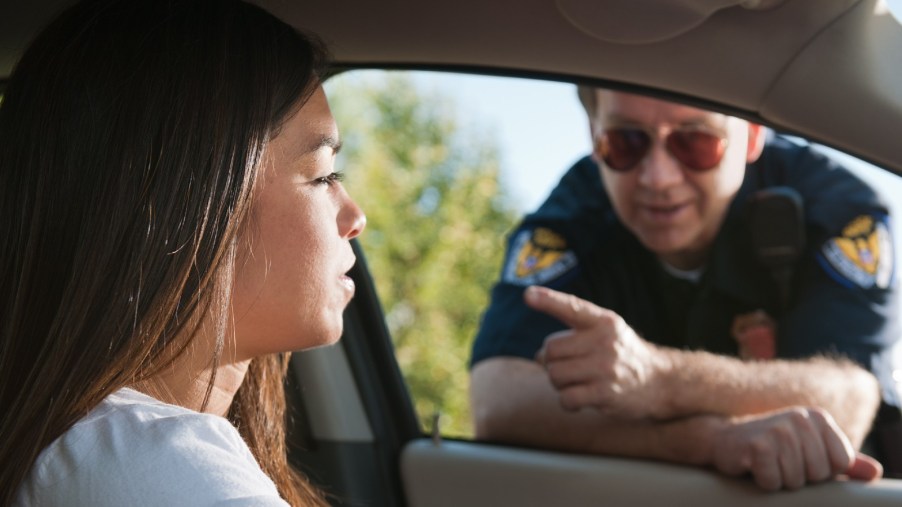
You May be Answering ‘Do You Know Why I Pulled You Over?’ Wrong
Navigating a police traffic stop can raise even a seasoned driver’s heart rate. No one enjoys this aspect of motoring. To make a sticky situation worse, police tend to ask “gotcha” questions that–if you answer wrong–will have you admitting to knowingly breaking the law. The most classic is, “Do you know why I pulled you over?” And apparently the clever “I haven’t the foggiest idea” answer I always spout is the wrong one.
The lawyers at Walden Law offer legal advice online. They went over the classic “gotcha” questions police ask and the smartest responses–from a legal perspective. The old “Do you know why I stopped you today?” is a popular way for police to begin a traffic stop because if you say, “Yup, I was going 15 mph above the speed limit” you’ve just admitted to knowingly breaking the law.
You may know the Miranda warning line, “Anything you say can be used against you in court.” Well this is one thing you can say that will most certainly be used against you. Now I thought I was clever by just responding with, “I have no clue.” But that’s not what the lawyers suggest.
The precise wording the experts recommend is, “I’d rather not say.” Why? Perhaps saying, “Beats me!” could be evidence that you don’t know the laws, which is no excuse for breaking them.
The lawyer Scott McClintock disagrees. He doesn’t recommend anything like, “I have no clue, officer.” But says a simple, “No” is both sufficient and safe.
There’s a chance the police officer will push you to answer. They may ask a follow up question. Or they may just stare at you with the old raised eyebrow, hoping you blurt something out. But the lawyers have your back there too.
If the police officer asks you more, simply say, “I’m exercising my 5th amendment right.” This is because the 5th Amendment to the Constitution protects you against “self incrimination.” The wording is that no one can be “compelled in any criminal case to be a witness against himself.”
Next, read about the other common ‘gotcha’ questions police ask during traffic stops, or see some smart answers in the video below:



